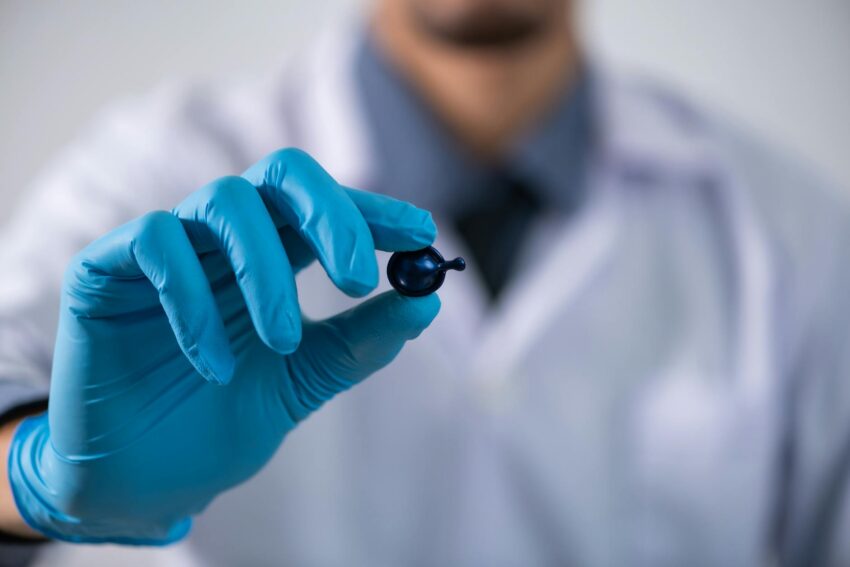The resurgence of psychedelic research marks a significant shift in society’s attention – from the stigmatization of these substances as purely recreational, to recognizing their potential therapeutic properties. This shift has been gaining momentum within the scientific, medical, and wider communities, becoming known as the Psychedelic Renaissance.
Psychedelic substances were initially discovered in the 19th and early 20th centuries, and extensive research was carried out during the 1950s and 1960s to explore their potential therapeutic applications. These included drugs like LSD (Lysergic acid diethylamide), psilocybin (the active ingredient in magic mushrooms), and mescaline (found in peyote and other cacti). However, due to an array of political circumstances and societal fears, research was largely halted and many of these substances were classified as illegal.
Now in the 21st century, a renaissance is underway. Significant legal and medical advancements are beginning to reshape the narrative surrounding psychedelics. The shifting legal landscape concerning cannabis in many parts of the world has opened up avenues for further research and discussions of other psychedelics. Medical organizations and governments around the world are re-exploring the therapeutic potential of these substances with revolutionary results.
With societal acceptance increasing, research funding and clinical trials have grown exponentially. The exploration of psychedelic-assisted treatments for mental health and addiction disorders has indicated promising results. A breakthrough study by NYU Langone Medical Center revealed that a single dose of psilocybin, administered in a supportive, therapeutic setting, could lead to long-term reductions in anxiety and depression among patients with life-threatening cancer.
Similarly, promising results were also observed in trials conducted by Johns Hopkins University, where psychedelic-assisted treatments have shown significant success in helping patients with depression.
Another remarkable development is the recent establishment of the Center for Psychedelic Research at London’s Imperial College. This pioneering hub of investigation focuses on using psychedelics to understand brain function, with potential implications for understanding mental illness.
Nonetheless, the Psychedelic Renaissance is not just about treatment of mental health conditions, but encompasses an understanding of cognitive function, brain chemistry, and consciousness. In shedding light on the mechanisms of psychedelics, researchers are not only exploring treatments for depression, anxiety, and addiction, but also probing intricate questions about the functioning of the human mind.
The outcomes of the ongoing psychedelic research are not without controversy. Adverse effects, such as the risk of triggering psychotic symptoms in vulnerable individuals, and the potential for substance misuse, raise cautionary flags. Hence, promoting informed regulation and controlled clinical settings is an ongoing discussion among researchers and policy makers.
With this in mind, the groundwork has already been laid for a host of new questions and possibilities. The resurgence of psychedelic research can open up countless conversations about the human brain, consciousness, mental health treatments, and our perception of reality.
While still in its early days, the impact and potential of this movement are momentous. Ride the wave or not, the Psychedelic Renaissance is radically reshaping our understanding of the human mind and its possibilities. Its fusion of ancient wisdom and cutting-edge science present a new paradigm of medical and mental health treatment, with ripples that will likely be felt in countless aspects of culture and society.
As the research progresses, emerging breakthroughs will continue to challenge traditional perceptions. There is a long journey ahead, with many obstacles to encounter and overcome. However, with the unwavering curiosity and determination of researchers and the growing willingness of society to engage in these once taboo conversations, the Psychedelic Renaissance promises a fascinating and hopeful future.
Sources:
– Michael Pollan
– Johns Hopkins University
